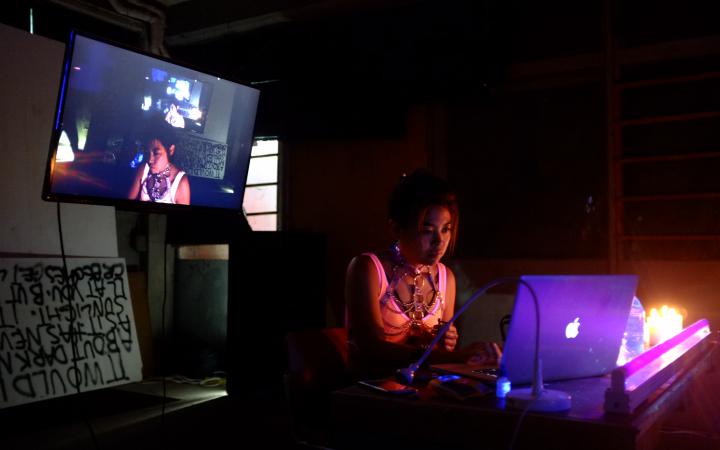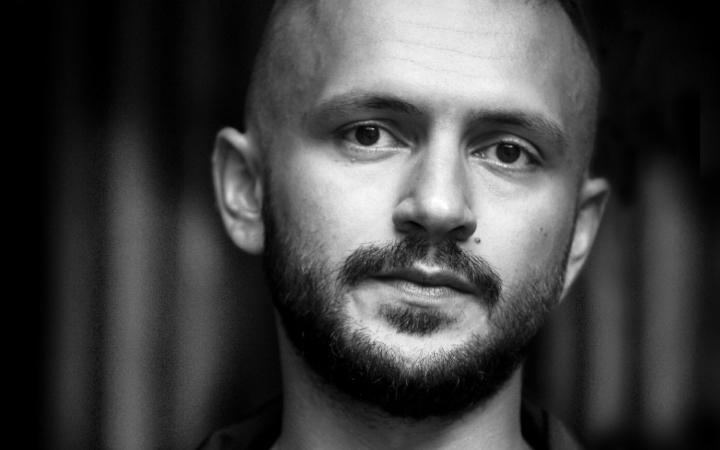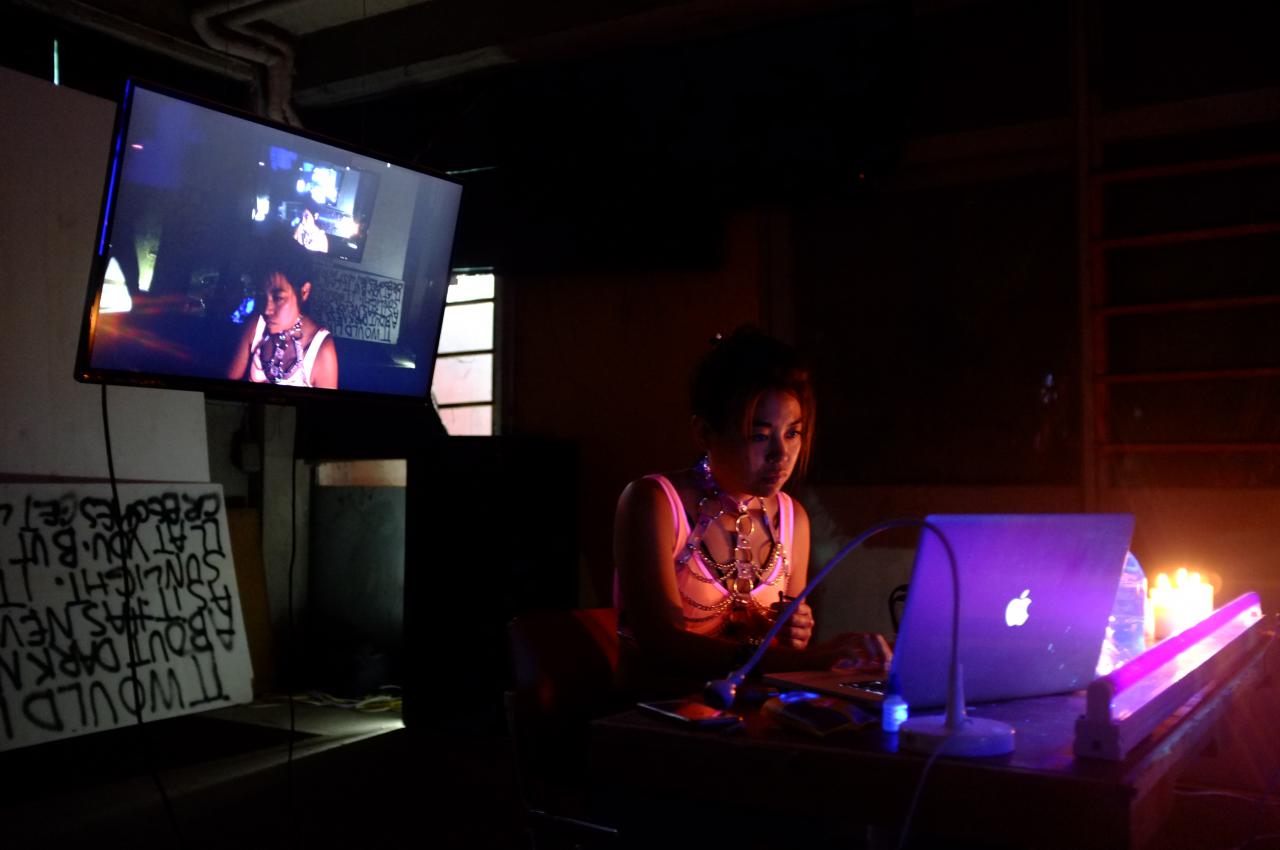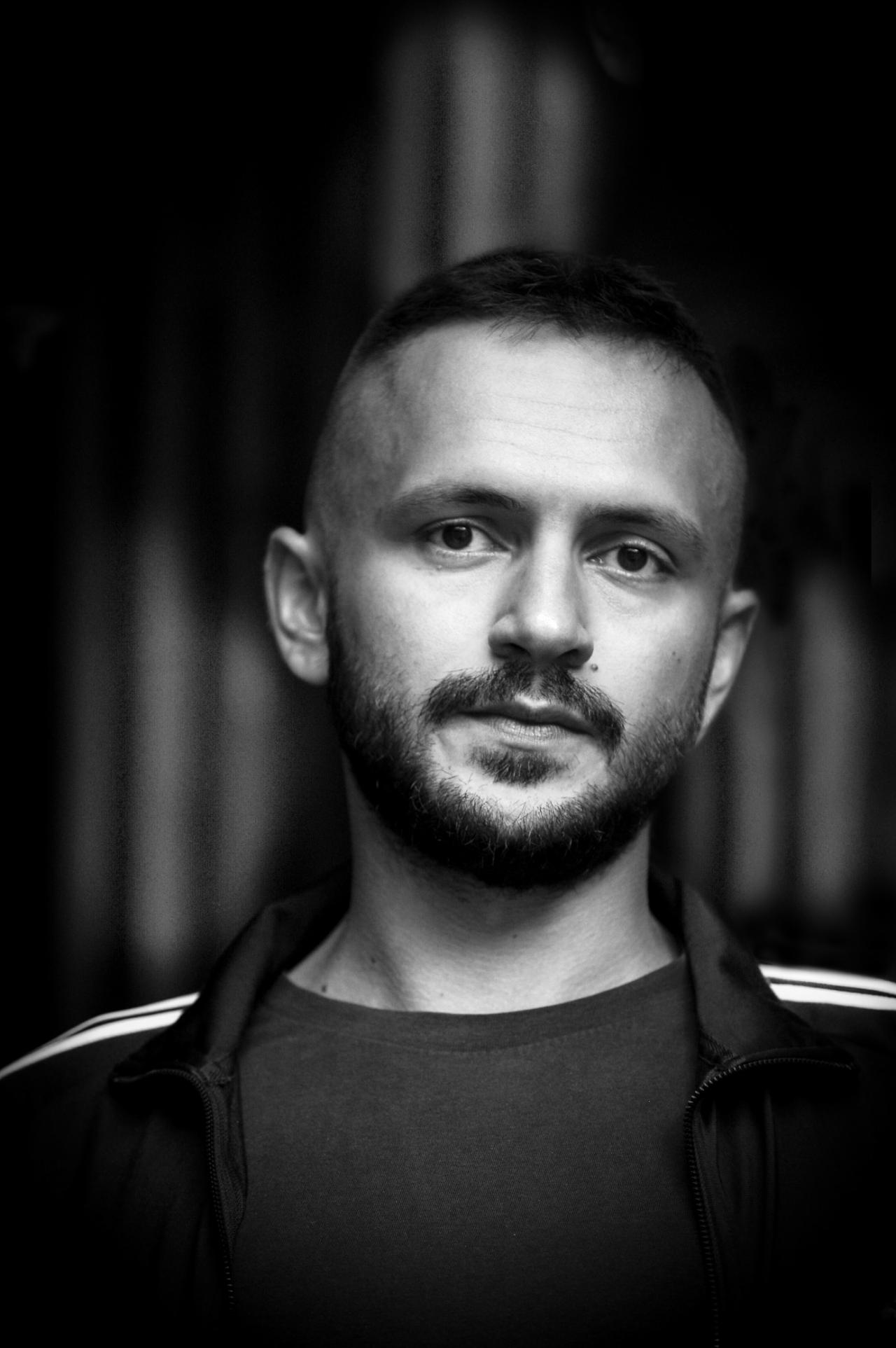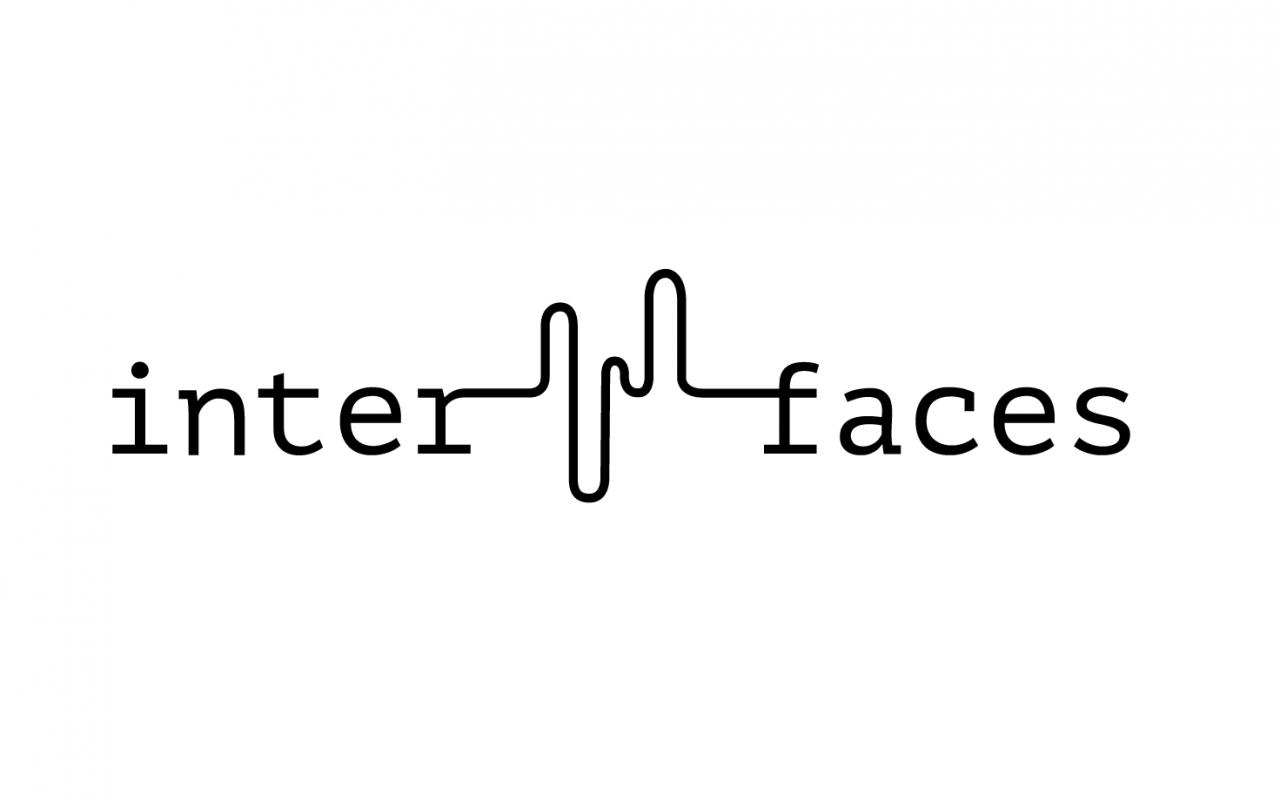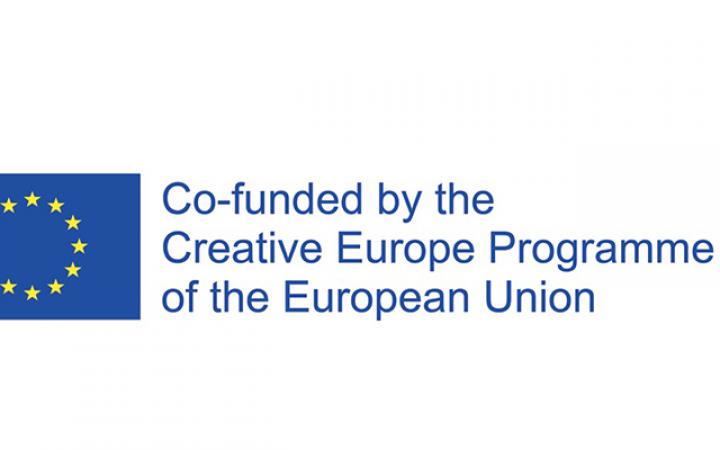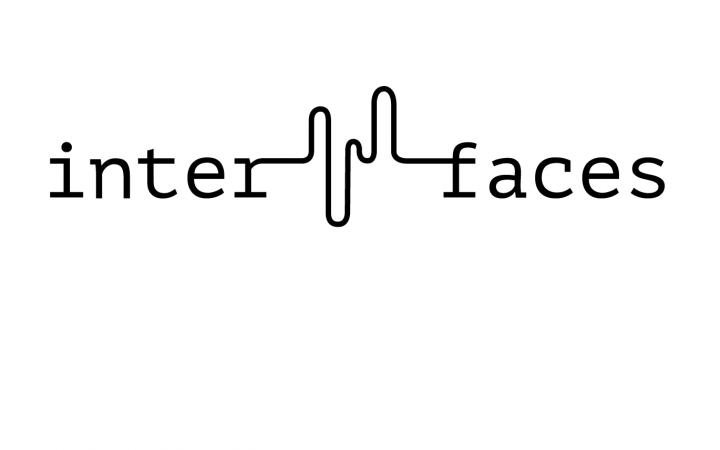Emotional AI
An Interfaces Projekt
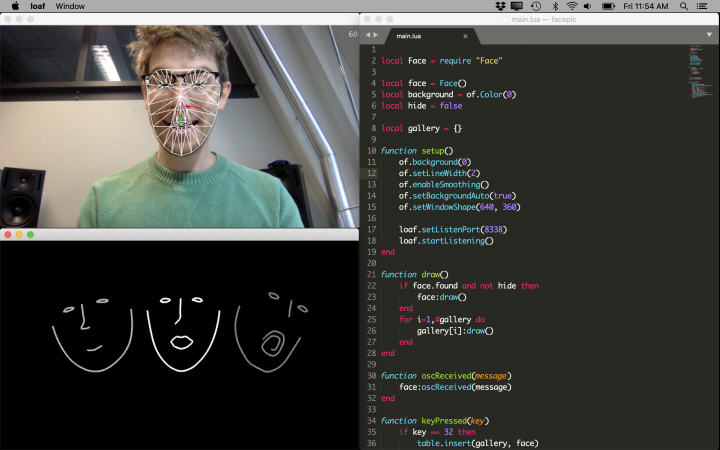
- Duration
- 2019
Empathic machines, social robots, affective agents: The ZKM | Hertz-Labor called on sound artists and composers to apply for a one-month cross-genre residence with project proposals on affective technologies.
Based on sound art or electroacoustic composition, these should deal with emotions in human-machine interaction and link themselves interdisciplinary with Emotional Artificial Intelligence, Affective Computing or neuroscience.
Four residents who deal with different aspects in this field were selected. They will realize their projects from August to December 2019 at the ZKM | Hertz-Labor and present them in spring 2020:
For »The Conductor's Philosophy III – Affective Presence« the Polish composer, live coder and engineer Damian T. Dziwis is developing a generative artificial intelligence that is controlled by a conductor as an emotional human-computer interface. For this purpose, (arm) movements, but also facial expressions and brain waves of a performer are digitized by means of sensors and fed into the computer.
The American composer and performer Chris Wood further develops »matte_screen«, his virtual self for technologically rooted emotional traumas, by dedicating himself to the emotion theory »Sentics« of the cyberneticist Manfred Clynes. Rubber bands attached to the performer are used as gestural controllers for a learning algorithm that generates an immersive soundscape with therapeutic effects.
The pianist and artist Laura Ige from Buenos Aires will compose a soundtrack for her affective Tinder-bot »Hi, Im $NAME«. The program acts autonomously on the net with several dating profiles to investigate the role of women in the net-based affective industry, here as disguises for a seductive malware algorithm.
In »Portraits and Poets« the Armenian-Lithuanian composer and sound artist Andrius Arutiunian examines the authenticity of statements by well-known contemporary thinkers by analyzing them with a facial recognition algorithm that emotionally evaluates mimic micro-movements – such as artificial intelligence, which is used as a »lie detector« at EU external borders. Every emotional movement of a thinker that deviates from the norm ultimately generates a sound.
The Artist-in-Residence programme »Emotional AI« is part of the »INTERFACES« project and is co-financed by the European Union's »Creative Europe« funding programme.
- StipendiatInnen


